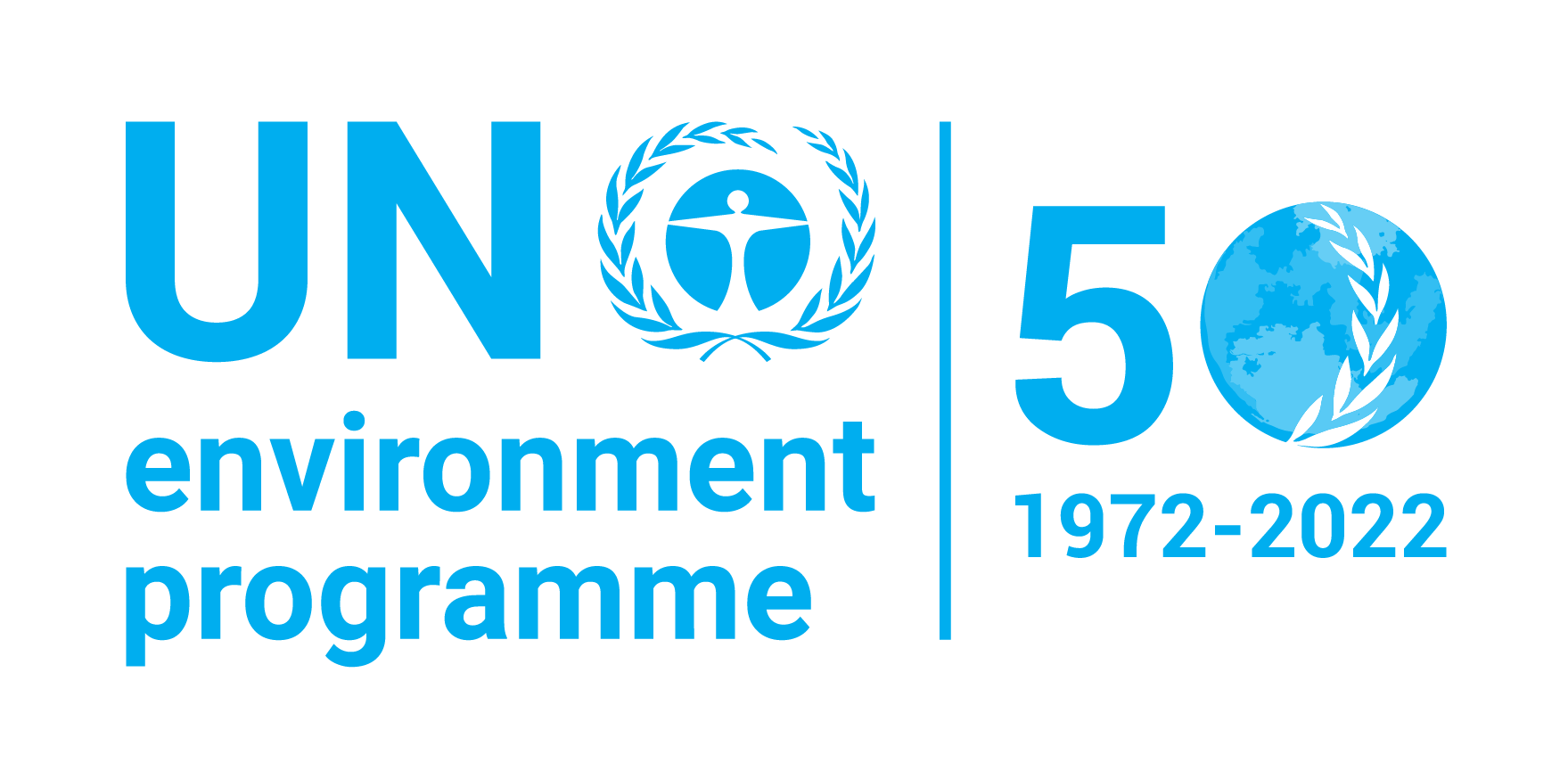| dc.contributor | Economy Division | en_US |
| dc.contributor.author | United Nations Environment Programme | en_US |
| dc.date.accessioned | 2019-11-05T08:57:58Z | |
| dc.date.available | 2019-11-05T08:57:58Z | |
| dc.date.issued | 2019 | |
| dc.identifier.uri | http://hdl.handle.net/20.500.11822/30665 | |
| dc.description | This section presents more specific direction on a number of the key elements of corporate sustainability reporting and provides readers with action-oriented guidance to apply the research to their work. The first chapter introduces a basic definition of corporate sustainability reporting; it presents the set of drivers for companies to produce sustainability reports; it touches on the main benefits and status quo of sustainability reporting, while making the link with the global sustainability agenda and the Sustainable Development Goals; and it provides an overview of the key existing frameworks and initiatives on the subject. The second and third chapters focus on the key areas for improving the quality of sustainability reports; they discuss the most frequently reported social and environmental topics; and they provide information on the role of monitoring and performance indicators.” | en_US |
| dc.format | Text | en_US |
| dc.language | English | en_US |
| dc.relation.ispartof | Enhancing the Uptake and Impact of Corporate Sustainability Reporting: A Handbook and Toolkit for Policymakers and Relevant Stakeholders | en_US |
| dc.rights | Public | en_US |
| dc.title | Corporate Sustainability Reporting Toolkit - Enhancing the Uptake and Impact of Corporate Sustainability Reporting: A Handbook and Toolkit for Policymakers and Relevant Stakeholders Section B | en_US |
| dc.type | Chapters and Articles | en_US |
| wd.identifier.sdg | SDG 9 - Industry, Innovation and Infrastructure | en_US |
| wd.identifier.sdg | SDG 12 - Responsible Consumption and Production | en_US |
| wd.topics | Environmental governance | en_US |
| wd.topics | Resource efficiency | en_US |
| wd.identifier.pagesnumber | 19 p. | en_US |


